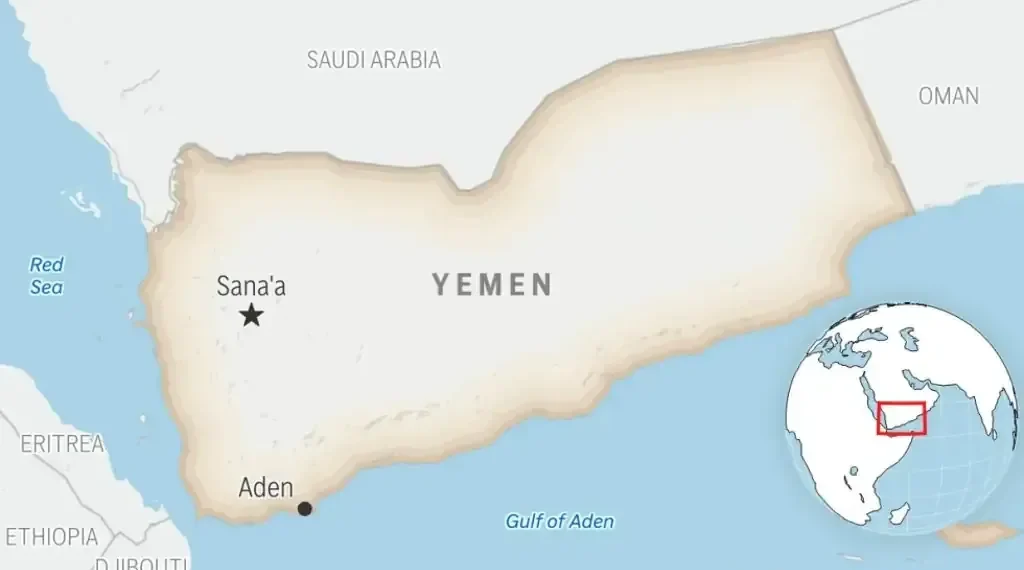Yemeni Houthi Rebels Suggest Temporary Halt to Attacks on Israel and Red Sea Shipping
Yemen’s Houthi rebels have signaled that their recent attacks on Israel and Red Sea shipping may be on hold, coinciding with the ongoing ceasefire in Gaza. The move follows a series of deadly assaults on maritime traffic and infrastructure, though the Houthis have not issued a formal cessation declaration.
Houthis Signal Restraint
In an undated letter addressed to Hamas’ Qassam Brigades and published online, Maj. Gen. Yusuf Hassan al-Madani, chief of staff of the Houthi military, indicated that attacks on Israeli targets and Red Sea navigation would be suspended.
“We are closely monitoring developments and declare that if the enemy resumes its aggression against Gaza, we will return to our military operations deep inside the Zionist entity, and we will reinstate the ban on Israeli navigation in the Red and Arabian Seas,” the letter stated.
While this is the clearest public indication that operations have paused, the Houthis have not formally confirmed a halt. Israel’s military, which has previously targeted Houthi leaders, did not immediately respond to requests for comment.
Background of Houthi Attacks
The Houthi campaign gained international attention during the Israel-Hamas conflict, particularly for attacks on commercial shipping in the Red Sea. Since the start of the Gaza ceasefire on October 10, the group has not claimed responsibility for new operations.
The maritime campaign killed at least nine mariners and sank four ships, disrupting trade through the Red Sea, which handles approximately $1 trillion of global goods annually. The most recent attack occurred on September 29, when a Dutch-flagged cargo ship, Minervagracht, was struck, resulting in one death and one injury.
Though the Houthis claimed to target Israel-affiliated vessels, many of the attacked ships had little or no direct connection to the Israel-Hamas war, raising concerns about collateral damage to international shipping.
U.S. and Regional Responses
Earlier this year, the United States conducted an intense bombing campaign against Houthi positions, including strikes on underground bunkers, in an effort to limit attacks on regional shipping and allied targets. Some operations were paused during former President Donald Trump’s Mideast visit. The Biden administration continued targeted strikes, including the use of B-2 bombers, as part of broader security measures in the region.
Meanwhile, the Houthis have also targeted Saudi Arabia and detained dozens of U.N. and aid agency workers, alleging without evidence that they were engaged in espionage—a claim rejected by the U.N. and international organizations.
Potential Implications
The Houthi signal to pause attacks could reduce immediate maritime risks in the Red Sea and ease tensions between Yemen, Israel, and Gulf states. However, the letter emphasized that any renewed conflict in Gaza could prompt the rebels to resume military operations, highlighting the fragility of the current ceasefire.
Analysts note that the Red Sea is a critical global shipping lane, connecting the Mediterranean via the Suez Canal with Asian and European markets. Even a temporary halt in Houthi operations could stabilize maritime trade temporarily, but uncertainties remain over the group’s long-term intentions.
This article was rewritten by JournosNews.com based on verified reporting from trusted sources. The content has been independently reviewed, fact-checked, and edited for accuracy, neutrality, tone, and global readability in accordance with Google News and AdSense standards.
All opinions, quotes, or statements from contributors, experts, or sourced organizations do not necessarily reflect the views of JournosNews.com. JournosNews.com maintains full editorial independence from any external funders, sponsors, or organizations.
Stay informed with JournosNews.com — your trusted source for verified global reporting and in-depth analysis. Follow us on Google News, BlueSky, and X for real-time updates.














